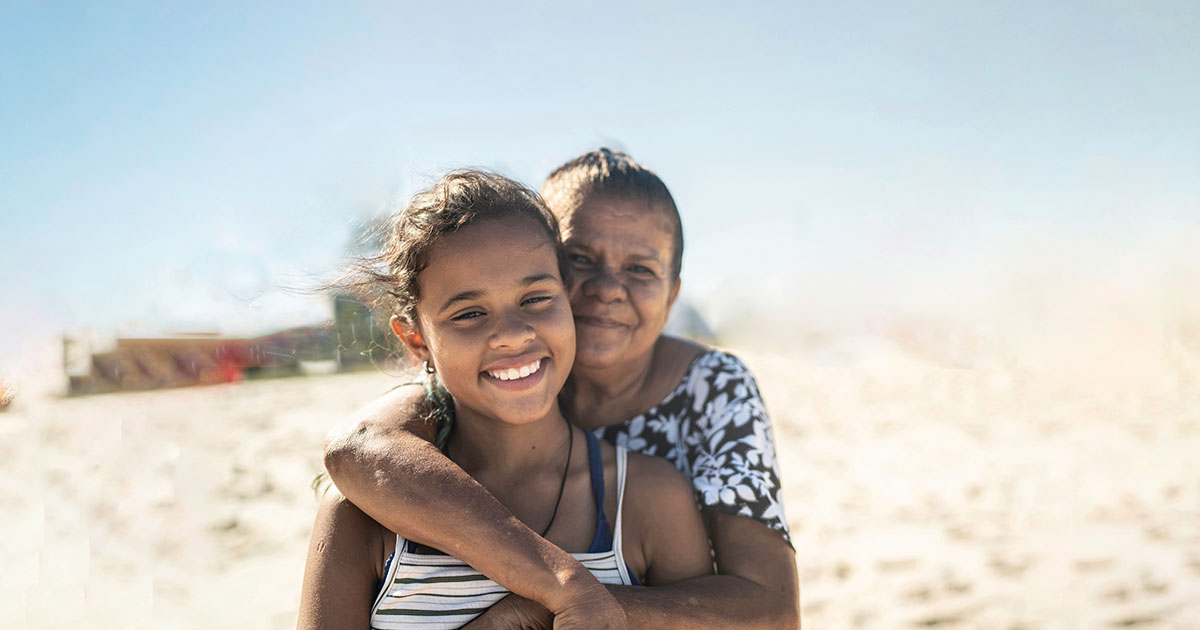It’s about giving young people a hand up to break the cycle of poverty
- Details
This week our Dandenong team shared the story of Ghulam Abbas, a young refugee helped through the Federal Government’s new Transition to Work (TTW) program.
Simple and effective proof of the power of such programs.
That’s why, when the Abbott Government scrapped an earlier version of the program Youth Connections, community providers like ourselves were furious. Because we see the success stories and we know that job support programs are vitally important in helping young disadvantaged people, like Ghulam, into education and work.
With a youth unemployment rate of over 12%, we need such programs to help them gain the skills and experience to take on the jobs of tomorrow.
Fortunately, the Government did come to its senses and launched TTW in the last Budget.
TTW has been up and running for a number of months and we are seeing many success stories.
But TTW on its own is not enough. Intervention has to start early.
We know that young people from disadvantaged backgrounds don’t succeed as well as their more advantaged peers in education and employment. A study by researchers at Melbourne's Mitchell Institute found that about 40 per cent of Australia's 19-year-olds from lower SES families are leaving school early, compared with about 10 per cent of the wealthiest.
The proportion of disadvantaged students achieving academic benchmarks was about 20 per cent lower than the rest of their peers and they were less likely to catch up later on.
Our first goal has to support young people to stay at school, to turn up every day and to finish year 12 or a vocational education equivalent. Because, as we all know, early school leavers have increased difficulty accessing the job market.
While I recognise there are some great mentoring programs run by a range of NGOs and schools, their coverage is patchy across Australia. They also tend to focus on the later school years and don’t extend into work. We need programs that help young people to navigate education choices and employment pathways.
It is also important to recognise that formal education doesn’t work for all young people. So we have to consider different models for those who struggle in mainstream school.
South Australia runs a great program - the Innovative Community Action Network (ICAN). The providers, a mixture of NGOs and for profit organisations, deliver tailored support to help young people stay connected with their education, and give them a strong foundation to transition into meaningful further education, training and employment.
Early reports suggest the investment made by ICAN between 2007-10 will result in a total increase in economic value in South Australia in the order of $7.7 million in the period up to 2016.
That benefit is over twice the initial expenditure.
But it’s not just about economics, although of course that helps sell the message to politicians, it’s about giving young people a hand up to break the cycle of dis-engagement, poor education, poverty, and often intergenerational unemployment.
And it is centres like these, outside the school environment, yet working in close collaboration with the schools, which give young people the space and resources to re-engage with education and improve their future employment and life opportunities.
We need a consistent and long-term approach both to early intervention models and then post school training and support programs like TTW and the Youth Jobs PaTH, part of the Youth Employment Package, announced in the May Budget this year. We eagerly await the details of that program.
We have to invest in all of our young people to ensure the future prosperity of Australia, as well as to help them achieve their individual aspirations. They are our most precious assets.

Catherine Yeomans
CEO Mission Australia
@cathyeomans
Related media releases
Read about what we’ve been working on, our stance on important social issues and how you make a difference to vulnerable Australians' lives.



